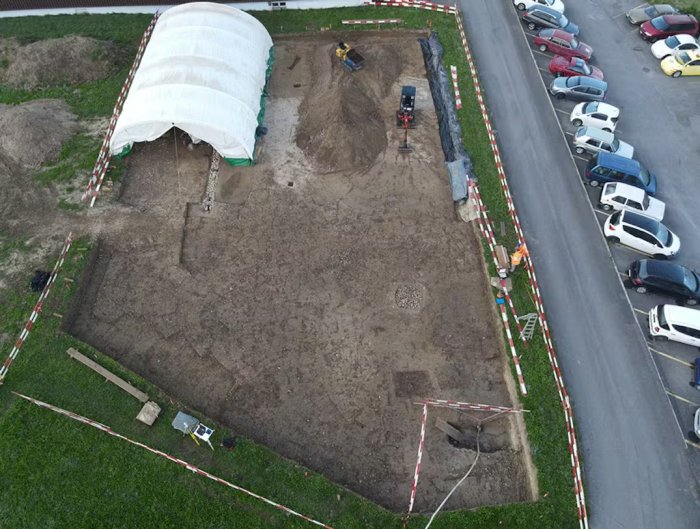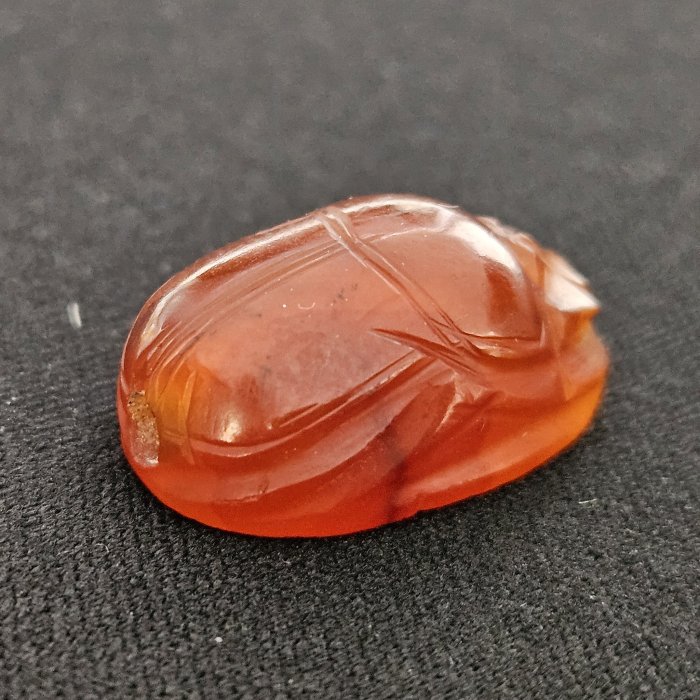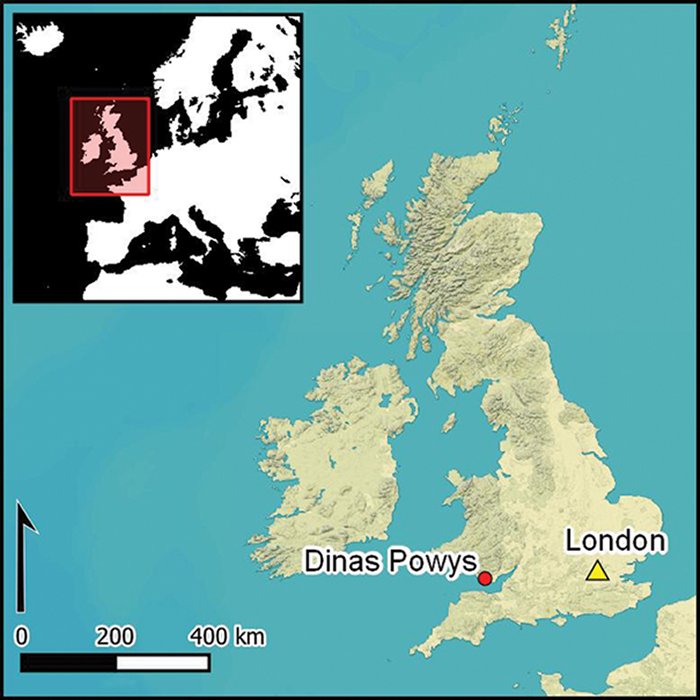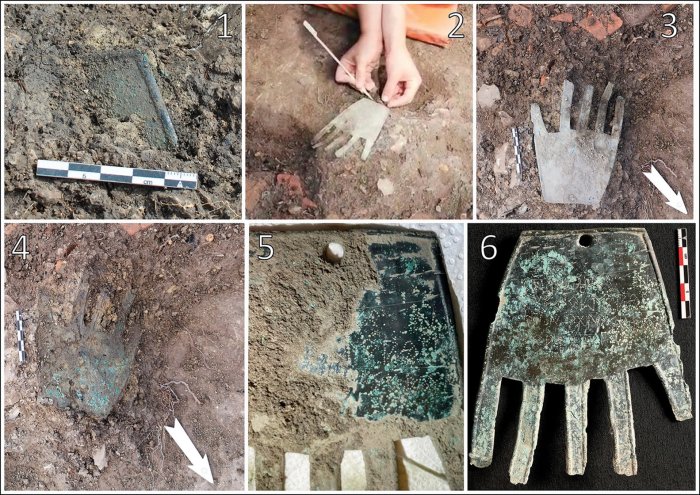A. Sutherland – AncientPages.com – In Rigveda, a collection of hymns, the authors appeal to many gods, and one of them is the goddess Aditi, who is believed to be the most mysterious deity of the Indian pantheon. She is ᴀssociated with the beginnings of the Universe.
In her cosmic matrix, all the heavenly bodies were born. Aditi plays the role of guardian of ‘Rta’, the cosmic-moral order that represents an impersonal and powerful force. Both the physical and ethical worlds are based on ‘Rta’.
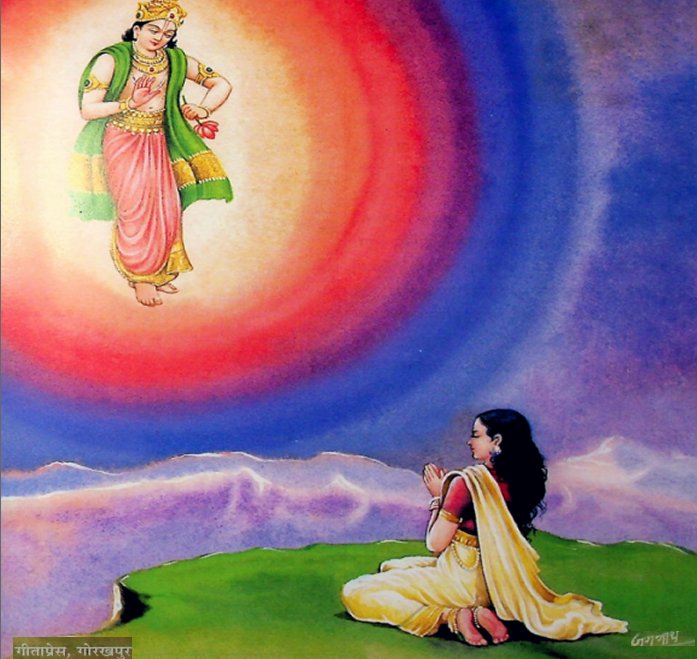
Aditi prays to Surya. Image credit: Gita Press Gorakhpur – CC0
Aditi (“unbound” or “free”) is the mother of the great god Indra and Vishnu in his dwarf incarnation and, even in a later reappearance as Krishna. She is also the mother of kings. The Vedas say that Aditi is Devamata which means ‘mother of the celestial gods’.
Rigveda, which is estimated to have been composed during 1700 BC-1100 BC, mentions this primeval goddess nearly 80 times.
Aditi also represents the feminine principle, the light energy of the universe, the personification of the infinite, and the highest symbol of motherhood. She supports the sky, sustains all existence, and nourishes the earth.
Therefore, she is often represented as a cow, and as such she provides nourishment, and as the cosmic cow, her milk is identified with the liberating and mostly invigorating soma, the drink of the Devas of the Vedic times. It is believed that soma may have been the forerunner to the idea of amrita, which provided immortality and strength; it could also emanate new deities, ensure victory in the fight against demons, with which the gods had to fight to protect the divine drink.
A Cow In Beliefs Of Other Cultures
The cow holds a significant place in world mythology especially that of the Indo-European peoples who believe the cow symbolizes the essence of life and of fertility.
It brings us to an important figure in Norse mythology, the cow Audumla, created from the primal ice. She suckled the first giant, Ymir, whose body became the earth, and from salty blocks of ice, she licked out Buri, the forefather of the Norse gods. Audumla, on the other hand, reminds us of the Egyptian cow mother-goddess Hathor, one of the oldest Egyptian divinities, who could be depicted as a cow, and a woman with a cow head or a woman wearing the sun disk on her head.
Aditi And Daksha’s Complex Relationship
In some hymns, Aditi was impregnated by Daksha (“skillful, intelligent”) gave birth to the seven major gods, “Adityas” as well as the Sun, who is the eighth god. The gods then produce the cosmos out of chaos.
However, just as Daksha is born from Aditi, so also Aditi is born from Daksha because these two principles depend on each other.
Daksha, a divine king-rishi and mind-created son of the creator god Brahma, emerged from the god’s right thumb. Daksha and Aditi were conceived as interdependent; she was eternal, infinite, beyond limitation and bounds, while he was the spirit within, the generator of the gods in eternity.
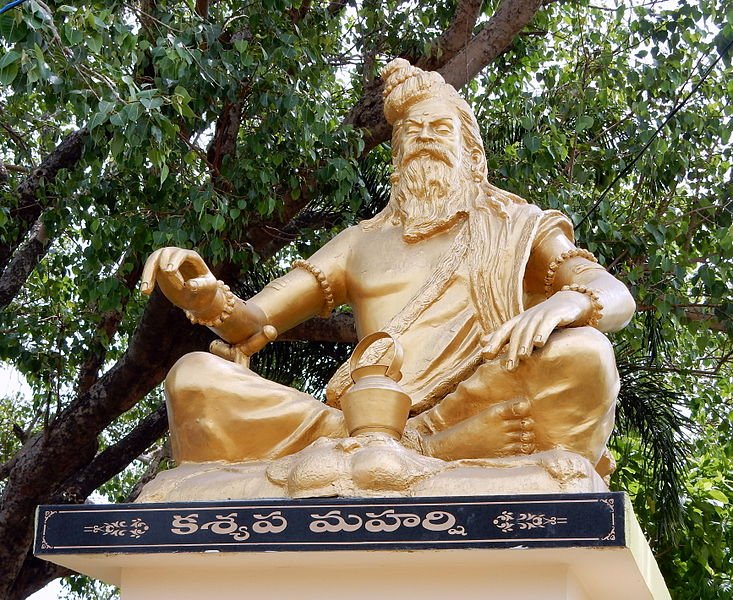 Statue of Kashyapa in Andhra Pradesh, India. source
Statue of Kashyapa in Andhra Pradesh, India. source
In Indian mythology, the primeval goddess Aditi means infinity, the sky without boundaries, and primordial cosmological space. In Rigveda’s hymns, Aditi is presented in different ways. She is ᴀssociated with the light that fills the air, and Ushas, a Vedic goddess of dawn in Hinduism.
How Many Sons Does Aditi have?
Occasionally, she is the mother of all the gods but usually, she is credited with twelve divine sons called adityas who act as the sun gods ᴀssociated with the twelve solar months of the year. (In the singular form, Aditya is the name of the sun.)
Many believe the powerful goddess Aditi as the wife of Kashyap, a revered Vedic sage of Hinduism who gives birth to the adityas such as Indra, Surya, and Vamana who act as charitable gods, divine protectors of all beings on the planet Earth, and protectors of the spirit world.
Moreover, they would be totally faithful and loyal to the eternal law.
Aditi – Benefactor And The One Who Forgives Sins
Aditi sometimes acts as a benefactor, softening the anger of the gods, providing shelter, relieving the need. It is ᴀssociated with the forgiveness of sins. She is often asked to guard the one who makes requests to her so she can provide him or her with safety, wealth, and abundance.
It should be also noted that Aditi – the origin of all living beings – is in charge of dispensing all the necessary food for them to survive. In the Rigveda, she is the great Mother Goddess and the only female deity of great importance.
Written by – A. Sutherland – AncientPages.com Senior Staff Writer
Copyright © AncientPages.com All rights reserved. This material may not be published, broadcast, rewritten or redistributed in whole or part without the express written permission of AncientPages.com
Expand for references
References
Hinduwebsite.com
Cotterell, A. A Dictionary of World Mythology
Leeming, D. The Oxford Companion to World Mythology

